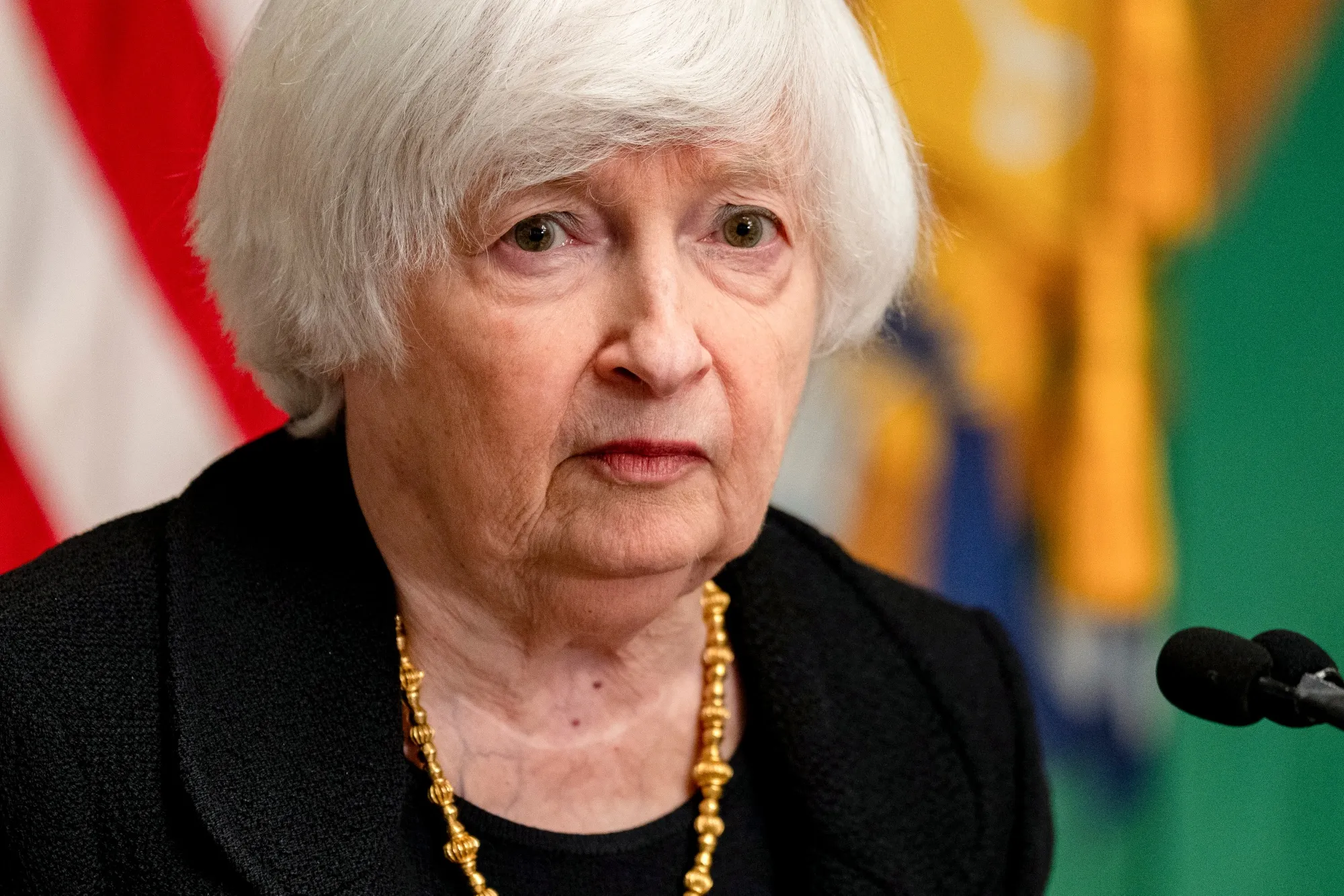In a significant development in the United States political landscape, data from Coinbase’s nonprofit advocacy group, Stand with Crypto, indicates that 18 senators currently support cryptocurrency. This support is predominantly seen within the Republican Party, with high-profile figures such as Cynthia Lumnis and Ted Burr leading the charge.
Pro-crypto senators lead legislative efforts
Senators Cynthia Lumnis and Ted Burr have emerged as the foremost advocates for cryptocurrency in the U.S. Senate, according to Stand with Crypto. Lumnis has been active, presenting eight crypto bills and making 184 public statements. Similarly, Burr has sponsored eight bills and made 24 public statements. Their efforts signify a growing interest and acceptance of digital currencies within the political sphere.
Following closely are Republicans Ted Cruz and Bill Hagerty, who collectively have been involved in five bills and have made 92 public statements supporting crypto. Of the 18 senators favoring cryptocurrency, 14 are from the Republican Party, while four are Democrats, highlighting a political divide.
On the other side of the spectrum, 30 senators reportedly oppose cryptocurrency, with a larger proportion being Democrats. This group includes 23 Democrats, five Republicans, and two Independents. This opposition is notable, considering the rising popularity of digital currencies.
The tracker also sheds light on the stances of presidential candidates concerning cryptocurrency. Republican Donald Trump and Independent Robert F. Kennedy Jr favor supporting crypto. Kennedy has made Bitcoin a central theme of his campaign, proposing related legislation if elected. In contrast, Trump has opposed the creation of central bank digital currencies. President Joe Biden is against crypto, based on five public statements suggesting a negative stance on digital assets.
Senator Elizabeth Warren’s strong stance against cryptocurrency
Senator Elizabeth Warren stands out among those opposing cryptocurrency. She has backed or introduced three anti-crypto bills and made 76 statements against the digital asset class. In July 2023, she re-introduced the Digital Asset Anti-Money Laundering Act, targeting noncustodial digital wallets and extending Bank Secrecy Act responsibilities. The bill aims to combat the illicit use of digital money but has faced criticism from advocacy groups.
Warren has emphasized the use of crypto in financing terrorism and other illicit activities despite evidence suggesting otherwise. Her stance has been a key part of her political agenda, reflecting a cautious and critical approach to the burgeoning world of digital currencies.
Implications for the future of crypto
The divide in the U.S. Senate over cryptocurrency reflects a broader uncertainty about the role of digital currencies in the economy and society. As technology evolves and becomes more integrated into the financial system, political stances will likely continue to evolve. However, the support from 18 senators marks a significant moment in the recognition and potential integration of cryptocurrencies into the mainstream financial and regulatory framework.
As the debate continues, the actions and opinions of these senators will be crucial in shaping the legal and regulatory landscape for cryptocurrencies in the United States. With the 2024 presidential election on the horizon, the stance of potential candidates on cryptocurrency will also be a key issue to watch.





